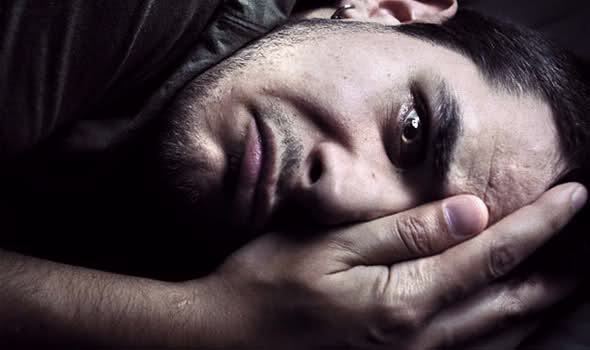Who is not aware of the most devastating and agonizing neuropsychiatric diseases of all times, the Alzheimer’s disease, which is the most common cause of morbidity and mortality in elderly throughout the world.
A number of studies are underway to establish the causal relationship of decreased sleep with the occurrence and pathogenesis of Alzheimer’s disease. The basic abnormality in Alzheimer’s disease is formation of plaques in the brain substance that alters normal metabolism and functioning of brain. The main presentation of Alzheimer’s disease is the impairment of memory and decrease in intellectual capability of an individual. In order to understand the mechanics, let’s just first review the functional need and requirements of sleep.
A lot of people might not know but sleep just relaxes the body but our brain stays awakes most of the time. The only reason why sleep relaxes brain is because the brain does not have to function or take part in a number of activities you do when you are not sleeping. When you close your eyes, your brain helps to consolidate the memory. Everything you do, during the course of the day, brain revises it and stores the memory in the brain matter based on the degree of importance. All those people who have troubled sleep during their life will have the onset of memory impairment at an earlier age and more severe than an average adult.
Consolidation of memory is a complex process and requires a lot of energy from the brain. Alzheimer’s disease is an issue of old age primarily with onset after 65 years at an average; however, many new cases are being seen at an earlier age now. It is therefore to look in detail all the possible causative features and causes to identify preventable ones.
Physicians are now very much concerned about the provision of restful sleep of 8 hours per night in an adult. With increasing age, the depth of sleep is reduced in most symptom free adults and is considered normal physiologic change, however if duration of sleep is significantly reduced, it will eventually takes its toll on the body and brain functioning. Besides Alzheimer’s disease, disturbed sleep also leads to Hypertension, mood disorders, Diabetes and other neuropsychiatric disorders.
HOW TO FALL ASLEEP:
There are a few sleeping tips that will help you sleep peacefully throughout the night:
- PHYSICAL ACTIVITY: If you have a sedentary life-style and you don’t do significant physical activity during the course of the day, you may have difficulty in sleeping. If you are not physically tired because of your relaxed and sedentary job or life-style, you should do a little work out before going to bed. This necessarily should not have to be an hour of running on treadmill, but just 10 minutes of walk after dinner is enough to make you physically tired and help you in sleeping.
- HEAD MASSAGE: Head massage also helps in sleeping by increasing circulation and soothing effect in the body.
- SETTING A TIME TO GO TO BED: Always make sure you run on a time-table. Set a time, when you can go to sleep. Do not compromise your sleep for anything, which is not important. Brain works like a computer, if you set a fixed time for sleep, your brain will induce the sleep at that time. However if you do not have a fixed time, your sleep will definitely be altered.
- LYING DOWN UNNECESSARILY ON BED: Go to bed only, when it is the time to sleep. If you lie down on bed all the time, your brain will not signal any change in body posture or need for relaxation and you will have difficulty in induction of sleep.
- MEALS: It has been proven that people who consume large portions of meal for dinner are more likely to have troubled sleep and other medical disorders like dyspepsia, burping and reflux of food in esophagus. Make sure you take a light meal for dinner and give enough time to digest the meal before retiring on bed.
By following these simple tips, it will be easier for you to sleep peacefully throughout the night. Sleep is a blessing and also protects you from a number of medical and psychological conditions especially neuropsychiatric and memory disorders.

